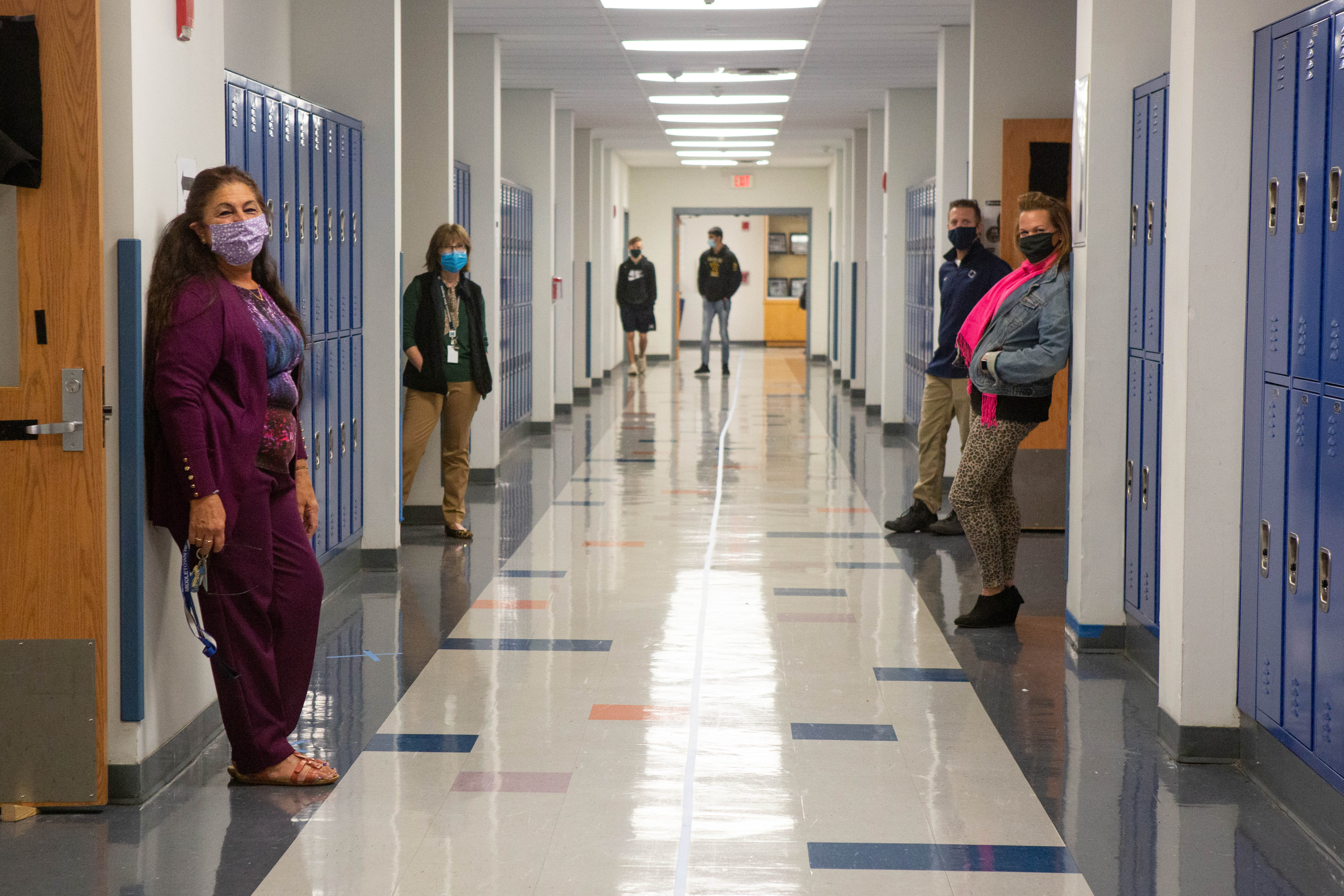Teacher Perceptions of Education for Sustainable Development Teaching: Before and During the COVID-19 Pandemic
DOI:
https://doi.org/10.37119/ojs2025.v30i1.758Abstract
This paper examines teachers' perceptions of Education for Sustainable Development regarding their practice before and during the COVID-19 pandemic. The study analyzes approaches to teaching Education for Sustainable Development and barriers faced. While teachers reported shifts in what was taught and how it was taught during the pandemic, most respondents remained committed to the core values of teaching Education for Sustainable Development. Barriers described by teachers before the pandemic included a lack of resources, time, and support, and barriers during the pandemic included a shifting and uncertain teaching environment burdened by video calls during lockdown periods and efforts to keep students safe during in-person teaching. Teacher insights included: spending regular time outdoors and framing the community as a classroom is a benefit for the health of students and their education; learning is inherently more powerful and productive when done socially; and teaching with technology has benefits but should not be the sole medium in which learning occurs. The aspects of school that were taken for granted and that were greatly diminished during the pandemic, social learning, guest speakers, field trips, and a predictable learning environment, were also those elements that were reported as being at the forefront of teachers’ plans for their students when the pandemic ended. This research may benefit teachers, school leaders, policymakers interested in Education for Sustainable Development, and scholars planning future research.
Keywords: teacher perceptions, Education for Sustainable Development, COVID-19

Published
Issue
Section
License
Copyright (c) 2025 Michael Link, Will Burton

This work is licensed under a Creative Commons Attribution-NonCommercial-NoDerivatives 3.0 Unported License.
Authors who publish with this journal agree to the following terms:- Authors retain copyright and grant the journal right of first publication with the work simultaneously licensed under a Creative Commons Attribution License that allows others to share the work with an acknowledgement of the work's authorship and initial publication in this journal.
- Authors are able to enter into separate, additional contractual arrangements for the non-exclusive distribution of the journal's published version of the work (e.g., post it to an institutional repository or publish it in a book), with an acknowledgement of its initial publication in this journal.
- Authors are permitted and encouraged to post their work online (e.g., in institutional repositories or on their website) prior to and during the submission process, as it can lead to productive exchanges, as well as earlier and greater citation of published work (See The Effect of Open Access).


